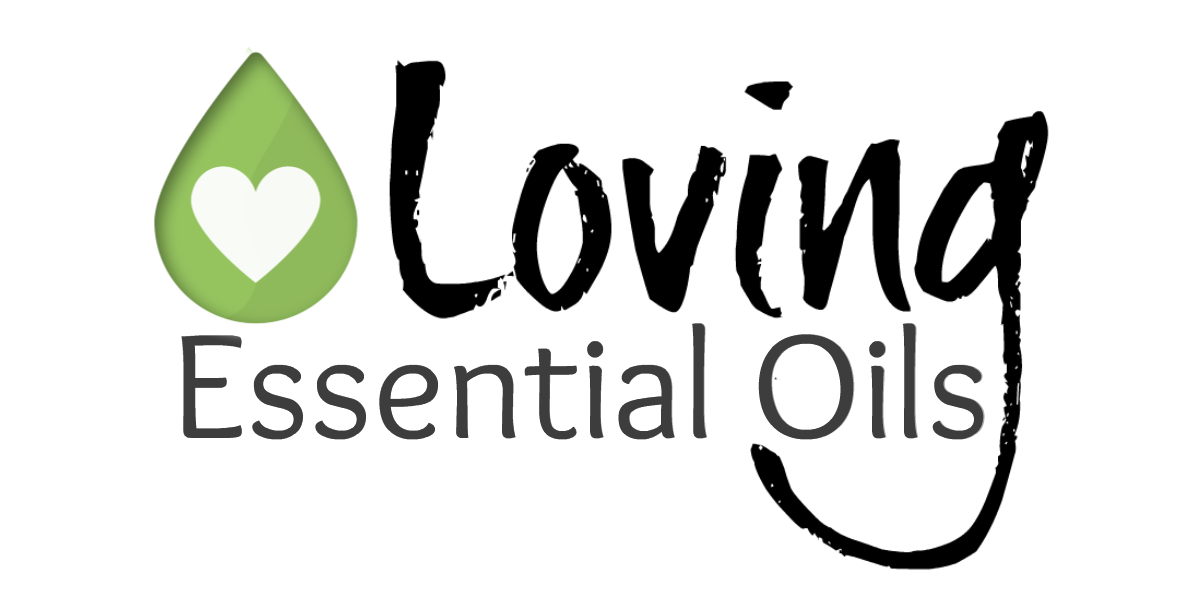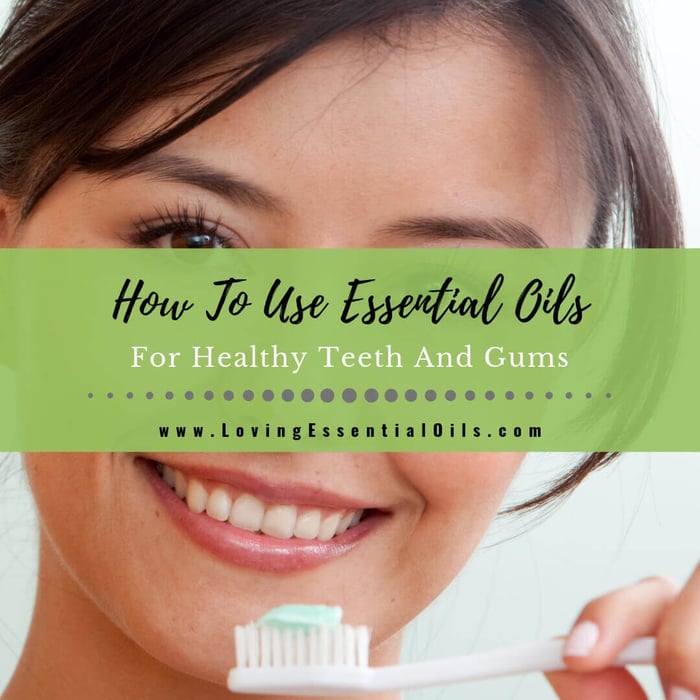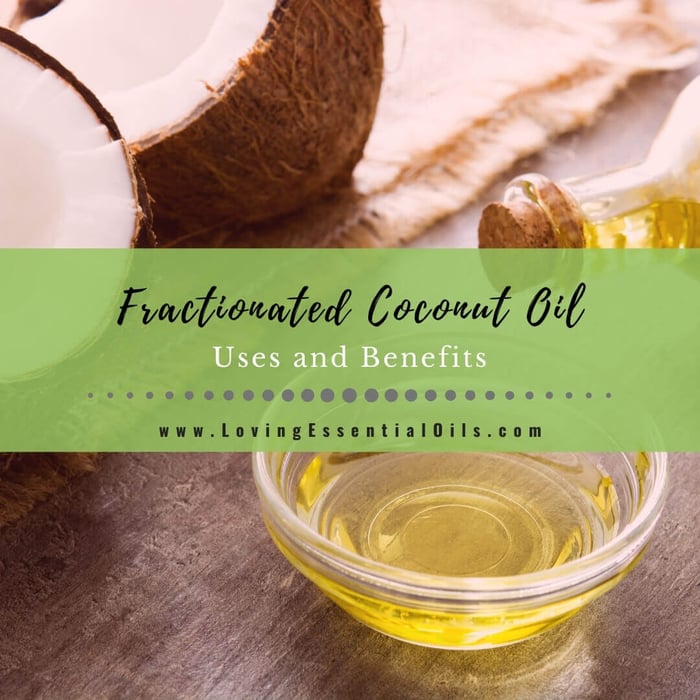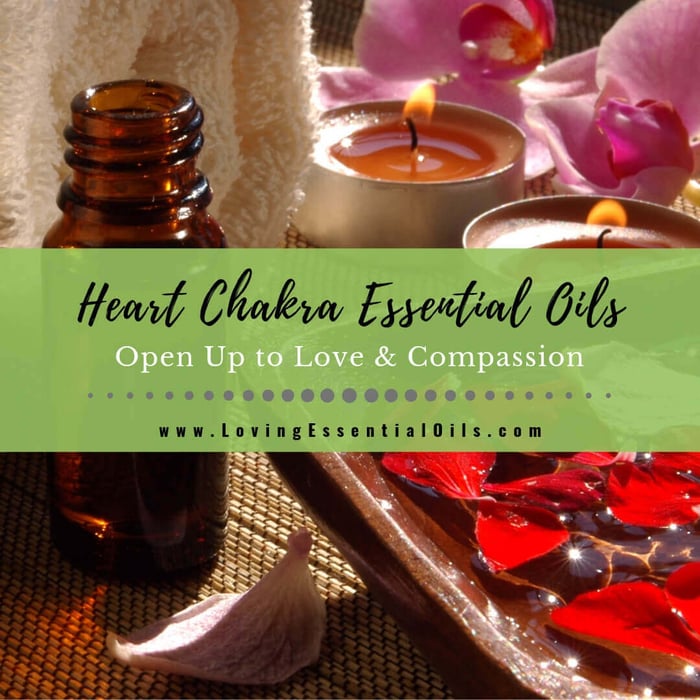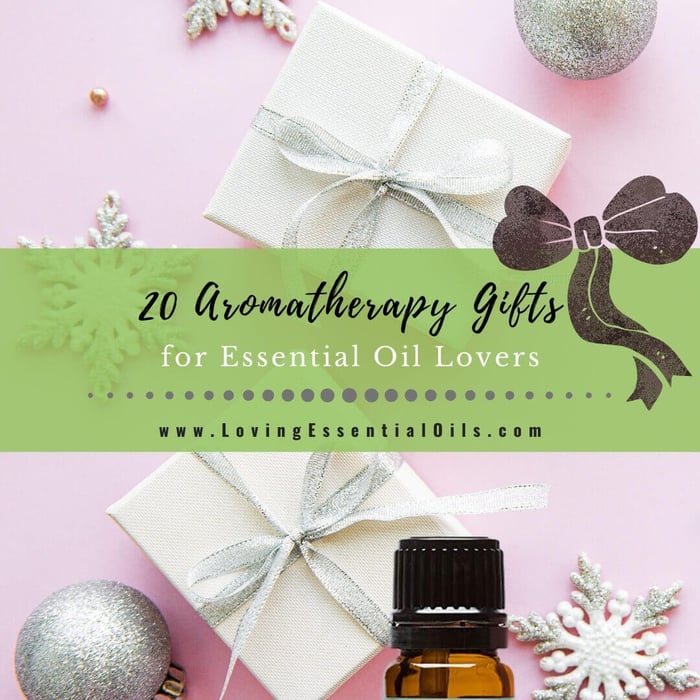Thanks to the widespread use of fluoride toothpaste and water fluoridation, baby boomers are the first generation where the majority will be keeping their natural teeth throughout their lives. But oral health problems still pose a threat to a significant portion of the population.
According to the Centers for Disease Control and Prevention (CDC), about 27 percent of American adults have untreated tooth decay, and nearly half of adults aged 30 and above show signs of gum disease.
While regular brushing, flossing and dental appointments are the foundations of good oral hygiene, essential oils can be effective additions to your dental care regimen.

Why Use Essential Oils For Oral Health?
Using oils for dental health isn’t just a passing fad. Thousands of years ago, Ayurvedic medicine introduced the practice of oil pulling, which is the most common use of oils for dental care.
Oil pulling is the practice of swishing oil around in the mouth for 10 to 20 minutes, allowing the oil to bind with toxins before spitting it out.
Oil pulling typically doesn’t use essential oils, but coconut oil. However, adding essential oils (e.g. peppermint oil) to the coconut oil can make oil pulling even more effective.
One study published in the Journal of International Oral Health (JIOH) found that essential oils are effective in inhibiting plaque. Their antibacterial properties also make them ideal for treating wounds, and their aromatic properties can also help with anxiety — something that may come in particularly useful in a dental clinic’s waiting area.
Some essential oils can be used to numb minor pain, making getting early orthodontic procedures much more pleasant for children, and helping ease the pain of toothache.
Oil Pulling Video
To learn more, here is a video on Oil Pulling:
Here is the book she referenced: Oil Pulling Therapy by Dr. Bruce Fife
Which Essential Oils Are Good For Teeth And Gums?
Peppermint oil is the most common essential oil found in over-the-counter dental products, and can be found in most toothpastes and mouthwashes.
Apart from its ability to fight bad breath, peppermint has antibacterial, antifungal, and biofilm-inhibiting properties, which prevents periodontitis and gingivitis. Other essential oils with similar properties are eucalyptus and tea tree oil.
Some essential oils can be applied to sore gums to ease mild pain. Clove oil, for example, can help relieve tooth pain, and also address bad breath. Clove oil also has antibacterial properties that help reduce gum disease and other infections.
Chamomile hydrosol is a popular essential oil that can be directly applied to swollen gums to ease discomfort, and is commonly used to relieve teething pain.
Regular dental appointments are crucial to maintaining good dental health, but many adults don’t make nearly enough dental visits because of fear of the dentist.
This is where aromatherapy can help. Soothing scents like lavender, chamomile and frankincense can help ease nerves and anxiety, which also helps alleviate pain.
Simply add a few drops of one of these essential oils in a roller bottle, fill the rest with jojoba oil, then apply to the neck and temples before your next dental visit.
How To Use Essential Oils Safely
Essential oils can be fantastic supplements to your healthy lifestyle, but because they’re potent concentrates, they may be harmful if used improperly. Because they’re derived from plants, they can cause allergic reactions.
Before trying an oil for the first time, try a small amount of the oil, and watch out for any adverse reactions before trying more the following day.
Also, make sure to dilute essential oils with a carrier oil — such as coconut or olive oil — before applying them to your skin. Undiluted essential oils can cause irritation and sensitization.
If you plan to use essential oils inside your mouth, consult with a physician or professional aromatherapist first. You should never use essential oils internally unless you have the go ahead from a trained professional.
Remember that essential oils can be helpful, but they should not be used as the primary treatment for serious medical conditions, and they cannot substitute expert medical advice from a doctor.
Author Bio:
Jacklyn Bell is first and foremost a mom to two daughters, and works as a writer. In a previous life she was a health and safety officer and is now a passionate advocate of environmentally sound/friendly methods of cleaning and living.
Share on Pinterest

